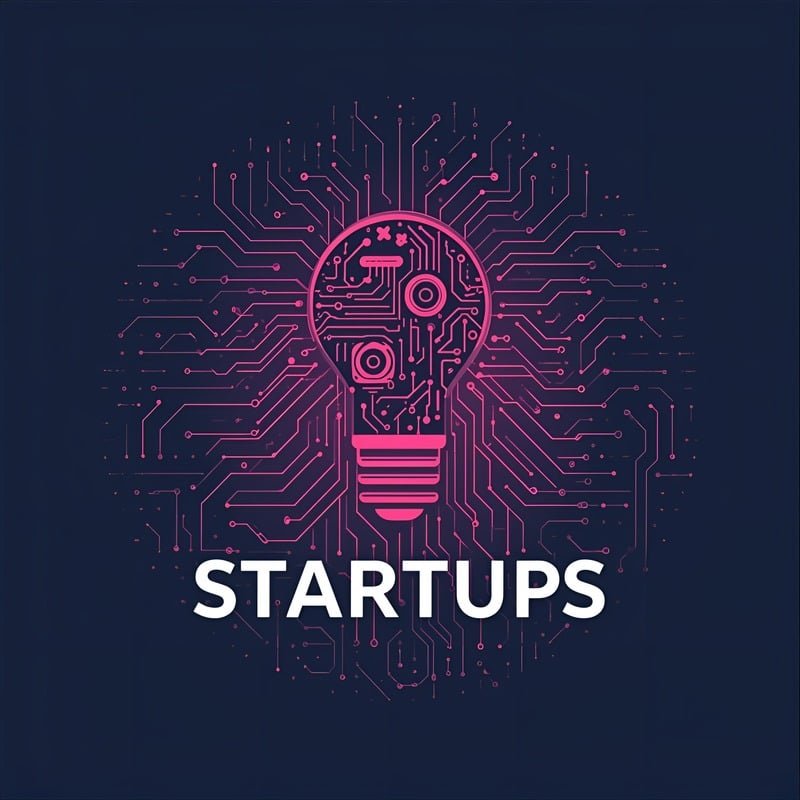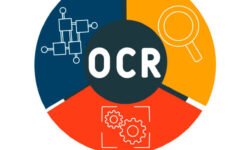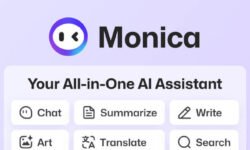Introduction to AI Startups in 2025
Artificial Intelligence (AI) is no longer just a futuristic idea—it’s a driving force reshaping industries worldwide. From healthcare to finance, cybersecurity to education, AI is powering solutions that are smarter, faster, and more efficient than ever before. And at the heart of this revolution are AI startups—agile, innovative, and disruptive companies that are building the next generation of intelligent tools.
In 2025, the global AI market is expected to surpass $500 billion, fueled by massive investments, government support, and demand from enterprises seeking digital transformation. While tech giants like Google, Microsoft, and Amazon dominate the landscape, startups remain the true innovators—often solving niche problems or introducing fresh, groundbreaking ideas.
Why are AI startups so exciting to watch in 2025? Because they:
- Push the boundaries of innovation.
- Offer cost-effective, scalable solutions for businesses.
- Move fast and pivot quickly, unlike large corporations.
- Create investment opportunities for venture capitalists and tech enthusiasts.
Whether you’re a business leader, an investor, or simply an AI enthusiast, keeping track of emerging startups can give you a competitive edge. Let’s explore why AI startups are booming and which ones you should keep an eye on this year.

Why AI Startups Are Booming Globally
The AI startup boom isn’t random—it’s the result of several converging trends that make 2025 the perfect time for these companies to shine.
- Explosion of Data – With the rise of IoT devices, social media, e-commerce, and cloud platforms, businesses generate quintillions of bytes of data daily. AI startups are tapping into this massive resource, offering analytics, automation, and predictive solutions.
- Advances in Machine Learning and Deep Learning – Algorithms are now more sophisticated, enabling AI models to perform complex tasks such as diagnosing diseases, predicting market trends, or detecting cyber threats with high accuracy.
- Lower Barriers to Entry – Cloud services and open-source AI frameworks (like TensorFlow, PyTorch, and Hugging Face) have made it easier and more affordable for startups to develop powerful AI solutions.
- High Investor Interest – Venture capital firms and angel investors are pouring billions into AI startups, with over $120 billion in AI-related funding in 2024 alone.
- Real-World Demand – From self-driving cars to virtual assistants, consumers and businesses expect AI-driven convenience. Startups that deliver practical, efficient AI solutions are in high demand.
Simply put, the world needs AI innovation, and startups are stepping up to meet that demand.
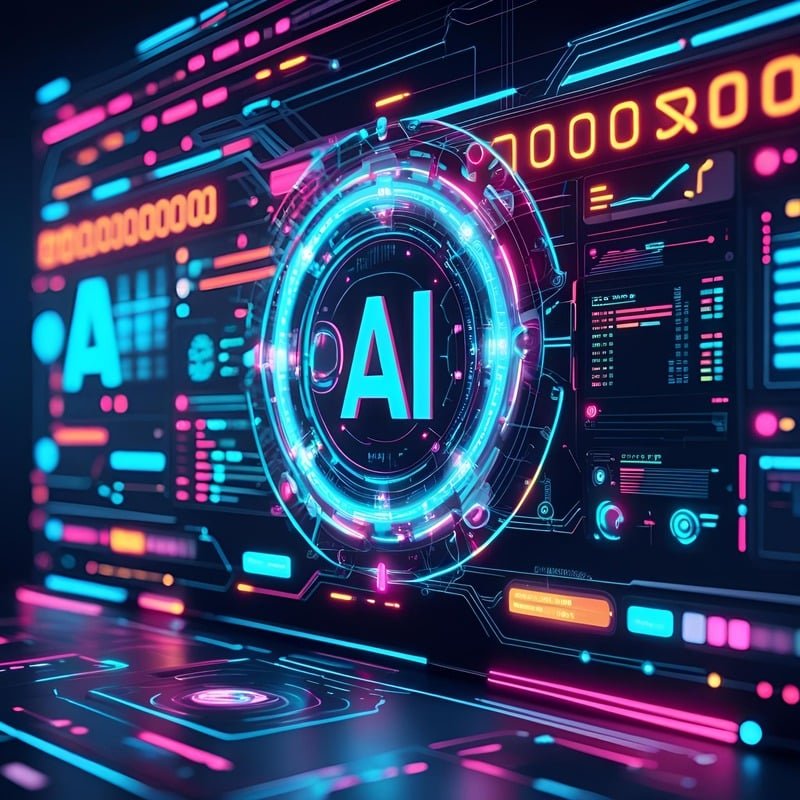
How Startups Are Driving AI Innovation
While big tech companies have the resources, startups bring agility, creativity, and risk-taking. This is what makes them such powerful drivers of AI innovation in 2025.
- Solving Niche Problems: Startups often focus on solving specific industry pain points. For example, a healthcare startup may build AI that predicts patient outcomes, while a retail-focused startup might optimize customer personalization.
- Experimenting with New Business Models: Unlike large corporations bound by bureaucracy, startups can test, fail, and pivot rapidly. This flexibility allows them to innovate at lightning speed.
- Filling Market Gaps: Many industries are underserved by big tech. Startups step in to offer tailored AI solutions for education, agriculture, logistics, and beyond.
- Driving Collaboration: Startups often collaborate with research institutions, government agencies, and enterprises, creating ecosystems of innovation.
- Human-Centered AI: Many AI startups prioritize building ethical and responsible AI systems to ensure trust, fairness, and transparency—something larger corporations struggle with at scale.
This combination of agility and boldness ensures that startups remain the innovation engine of AI, pushing boundaries that established companies may hesitate to cross.
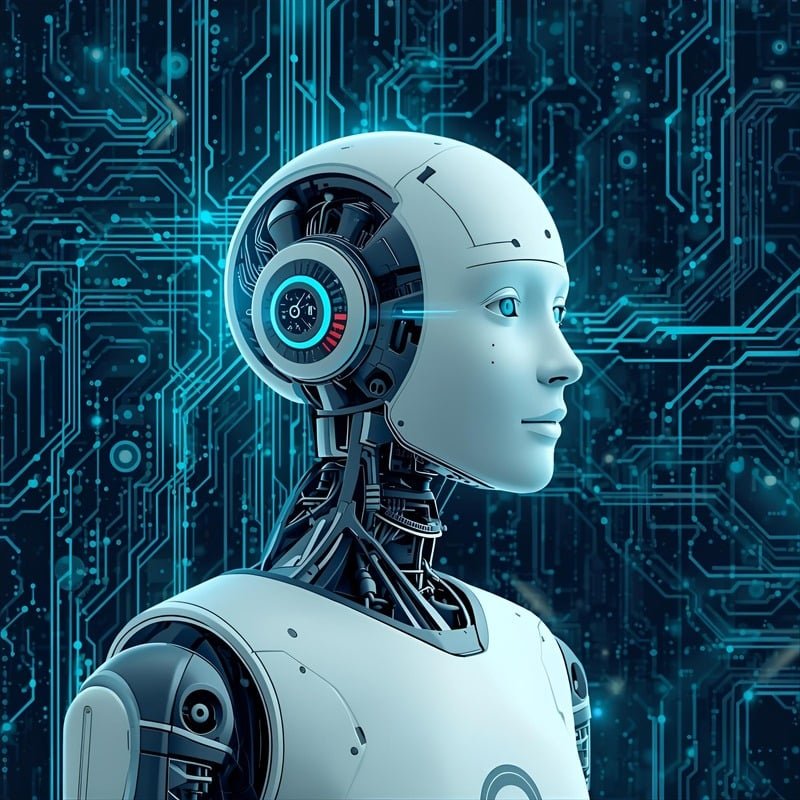
Criteria for Selecting Top AI Startups
Not all AI startups succeed, and not all are worth watching. To identify the most promising ones in 2025, we look at several criteria:
1. Innovation and Unique Value Proposition
Does the startup bring something new to the table? The best AI startups offer fresh solutions, whether it’s a revolutionary algorithm, a unique application of AI, or solving a problem that nobody else is addressing effectively.
2. Market Impact and Growth Potential
It’s not enough to have an interesting idea—the startup must show signs of real-world impact. This includes customer adoption, scalability, and potential to disrupt industries.
3. Funding, Partnerships, and Industry Recognition
A startup backed by strong investors, partnerships with major companies, or recognition from industry leaders often indicates trust and momentum. High-profile collaborations (like with healthcare providers, banks, or government agencies) suggest staying power.
4. Ethical and Responsible AI Practices
In today’s environment, startups must prioritize data privacy, fairness, and transparency. Companies that ignore this risk losing credibility and customers.
By combining these factors, we can identify the AI startups with the best chance to thrive in 2025 and beyond.

The AI Startup Landscape in 2025
The AI startup ecosystem is diverse, covering multiple industries and technologies. In 2025, several sectors stand out as hotbeds of startup activity:
Key AI Sectors Experiencing Growth
- Healthcare AI – Predictive diagnostics, drug discovery, personalized treatments.
- FinTech AI – Fraud detection, algorithmic trading, AI-driven customer service.
- Marketing & Sales AI – Automated content creation, personalization engines, sentiment analysis.
- Robotics and Automation AI – Smart factories, autonomous delivery, AI-driven logistics.
- EdTech AI – Adaptive learning platforms, AI tutors, language learning assistants.
- Cybersecurity AI – Threat detection, fraud prevention, real-time monitoring.
- Sustainability AI – Climate prediction, smart energy management, waste reduction.
Regional Hubs for AI Startup Innovation
- United States (Silicon Valley, New York, Boston) – Home to major funding and research centers.
- Europe (London, Berlin, Paris) – Growing as hubs for ethical AI and fintech innovation.
- Asia (China, India, Singapore) – Focused on scaling AI solutions in e-commerce, fintech, and robotics.
- Middle East (UAE, Israel) – Rapidly emerging with heavy government investment in AI infrastructure.
The Role of Venture Capital in AI
Venture capital firms are critical in fueling the AI boom. In 2025, we expect more specialized AI-focused funds to emerge, targeting startups in early and mid-stages. With strong financial backing, many AI startups will transition into unicorns ($1B+ valuation) or acquisition targets for tech giants.
The AI startup landscape is vibrant, competitive, and full of opportunities for those ready to explore.
Top AI Startups to Watch in 2025
Now that we understand why AI startups are booming and what makes them successful, let’s dive into the most exciting startups in 2025 across different industries. These companies are not just making headlines—they’re actively shaping the future of technology and business.

AI in Healthcare Startups
Healthcare is one of the industries seeing the biggest transformation thanks to AI. Startups are using machine learning for early diagnosis, drug discovery, and personalized medicine.
- Insilico Medicine (USA) – A biotech AI startup that uses deep learning to accelerate drug discovery and development. It helps reduce the time and cost needed to bring medicines to market.
- PathAI (USA) – Specializes in AI-powered pathology, improving diagnostic accuracy and helping doctors detect diseases like cancer earlier.
- Qure.ai (India) – Focuses on AI-driven medical imaging solutions, analyzing X-rays, CT scans, and MRIs to assist doctors in underserved regions.
These startups are not only improving patient care but also reducing costs and making healthcare more accessible worldwide.

AI in FinTech Startups
Finance is another sector where AI is essential—detecting fraud, automating trading, and personalizing financial advice.
- Zest AI (USA) – Uses machine learning to make smarter, fairer credit underwriting decisions, helping lenders expand access to credit.
- Tink (Sweden) – A European AI startup providing open banking and personal finance tools powered by AI data analysis.
- Kensho (USA) – Offers AI-driven analytics for investment professionals, simplifying complex financial data into actionable insights.
With global transactions increasing, these startups help financial institutions stay secure, efficient, and customer-friendly.

AI in Marketing & Sales Startups
Marketing is rapidly shifting towards personalization and automation, and AI startups are at the center of this revolution.
- Persado (USA) – Uses natural language generation (NLG) to create marketing messages that resonate emotionally with audiences.
- Drift (USA) – A conversational AI platform that powers chatbots for sales and customer engagement, reducing response times.
- Seventh Sense (USA) – Focuses on AI-powered email optimization, sending campaigns at the perfect time for each individual recipient.
These startups enable businesses to save time, increase conversions, and maximize ROI through smarter AI-driven campaigns.
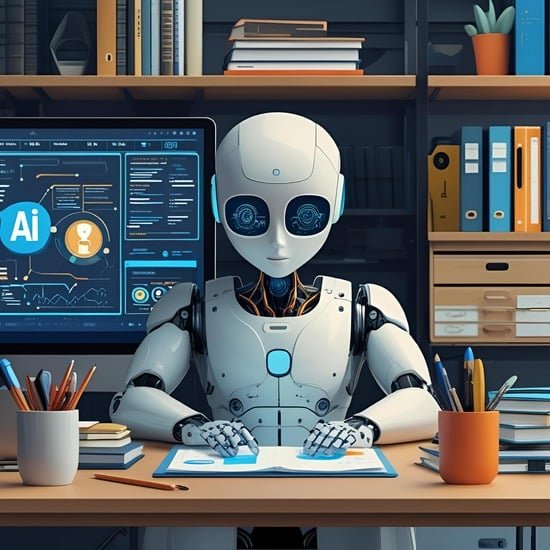
AI in Robotics and Automation Startups
Robotics startups are bringing AI into factories, warehouses, and even our homes.
- Covariant (USA) – Specializes in warehouse automation, with AI-driven robots that can sort, pick, and pack items efficiently.
- UiPath (Romania/USA) – A global leader in robotic process automation (RPA), enabling businesses to automate repetitive digital tasks.
- Agility Robotics (USA) – Known for developing humanoid robots like “Digit,” designed for logistics, delivery, and even human-assist roles.
By merging robotics with AI, these startups are reshaping the future of work and supply chains.

AI in Education and Learning Startups
The EdTech sector is booming, and AI is making learning more personalized and effective.
- Squirrel AI (China) – An adaptive learning platform that uses AI tutors to customize education based on student needs.
- Querium (USA) – Provides AI-powered tutoring for STEM subjects, guiding students step by step.
- Knewton (USA) – Offers personalized learning platforms for schools and universities, adapting content to student performance.
These startups make education accessible, interactive, and engaging, breaking down barriers to learning worldwide.
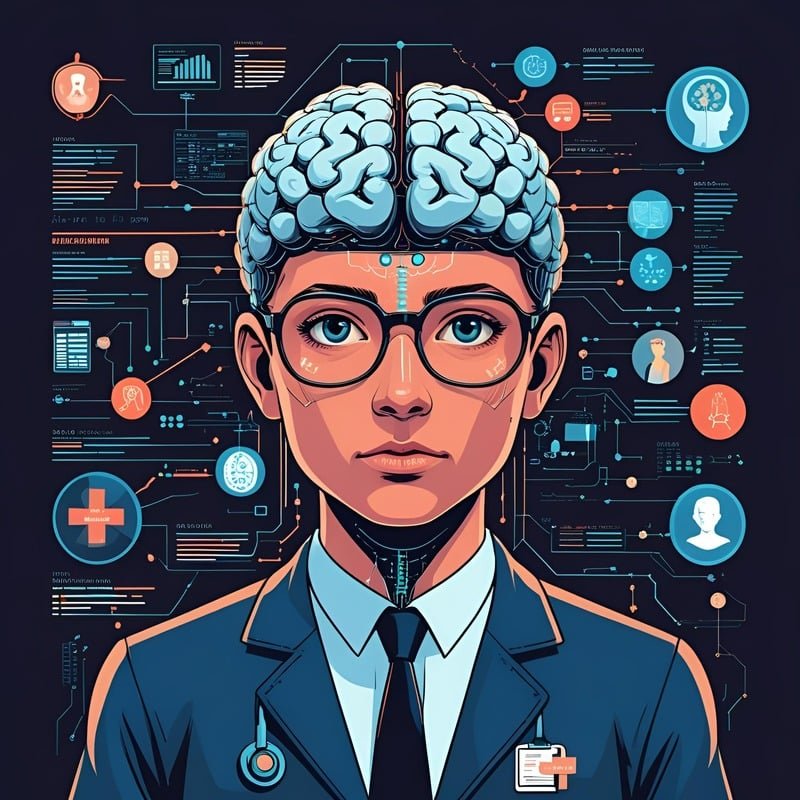
AI in Cybersecurity Startups
With cyberattacks on the rise, AI startups are stepping in to strengthen digital defenses.
- Darktrace (UK) – One of the most famous AI security startups, using machine learning to detect and neutralize cyber threats in real-time.
- Cylance (USA) – Focuses on AI-driven endpoint security to predict and prevent cyberattacks before they occur.
- Vectra AI (USA) – Specializes in detecting hidden threats and breaches using advanced AI analysis.
In 2025, cybersecurity AI startups will play a crucial role in protecting businesses and governments from sophisticated cybercrime.

AI in Sustainability & Green Tech Startups
AI isn’t just about profit—it’s also helping the planet. Startups are applying AI to climate change, energy, and waste management.
- Climacell (USA) – Uses AI-driven weather forecasting to help industries adapt to changing climate conditions.
- AMP Robotics (USA) – Uses AI-powered robots to automate waste sorting and recycling.
- Enpal (Germany) – An AI-driven solar energy startup making renewable energy adoption easier for households.
These companies prove that AI can be a powerful ally in creating a sustainable and eco-friendly future.
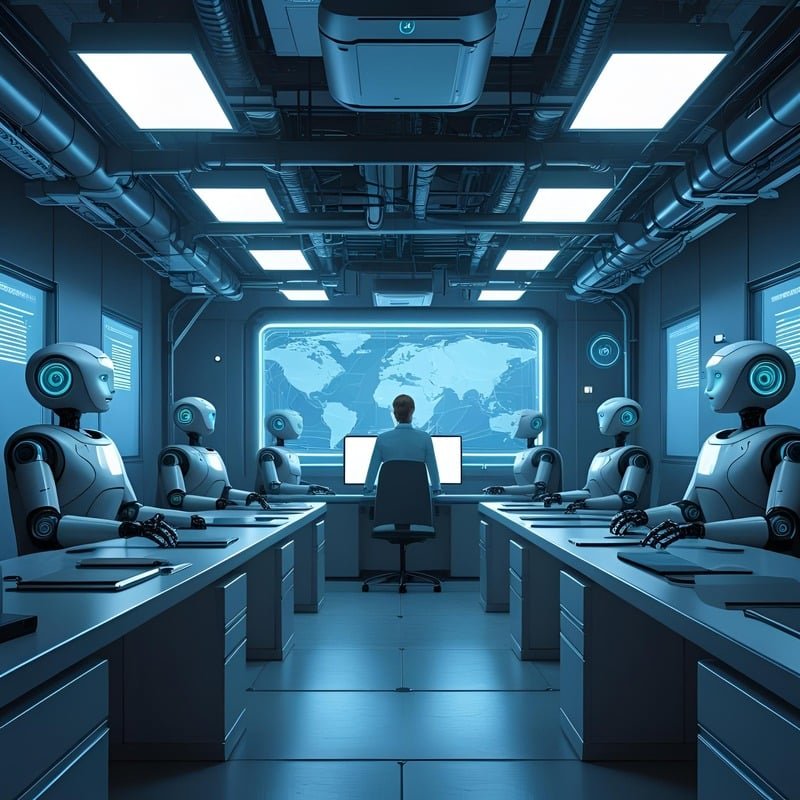
Benefits of Following Emerging AI Startups
Why should businesses, investors, or tech enthusiasts care about AI startups? Because following them brings several advantages:
Early Adoption of Disruptive Technologies
Getting in early with AI startups allows companies to gain a competitive edge by using cutting-edge solutions before they go mainstream.
Investment and Partnership Opportunities
AI startups often need funding and collaboration. Early investors in companies like UiPath or OpenAI saw massive returns. In 2025, similar opportunities exist for the right startups.
Staying Ahead in Competitive Industries
Industries like healthcare, finance, and retail move fast. Businesses that integrate AI tools from startups stay ahead of competitors by improving efficiency, reducing costs, and enhancing customer experiences.
By monitoring and engaging with AI startups, individuals and companies can future-proof themselves in a rapidly evolving tech world.
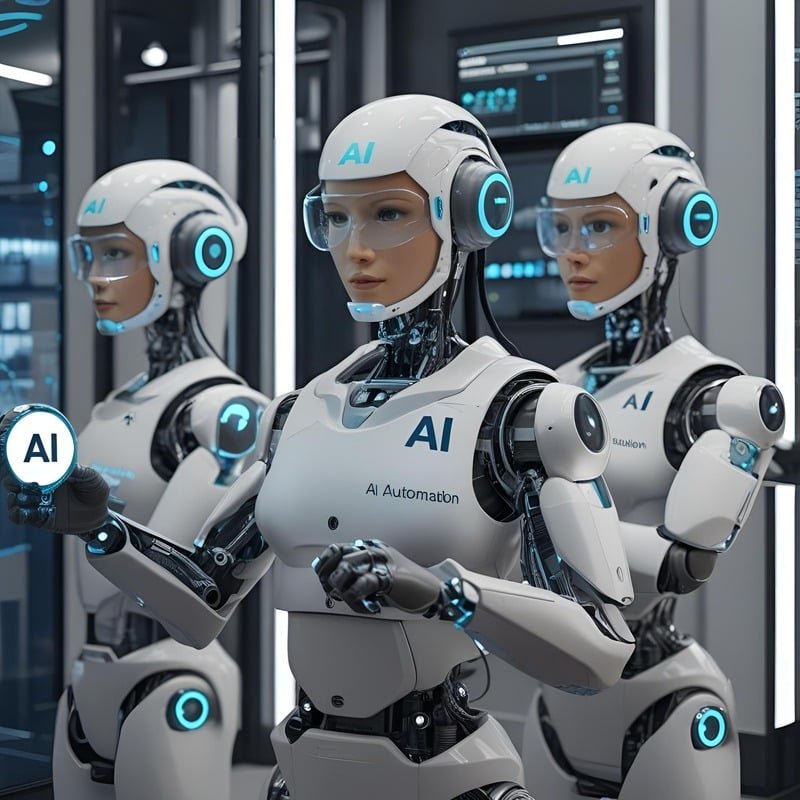
Challenges Faced by AI Startups in 2025
While AI startups are thriving, they also face significant hurdles that could determine their success or failure.
1. Data Privacy and Ethical Concerns
With AI relying heavily on data, startups face scrutiny over how they collect, use, and secure information. Regulations like GDPR in Europe and AI ethics frameworks worldwide pose compliance challenges.
2. Funding Challenges and Market Competition
Although AI attracts massive investment, not every startup secures funding. With thousands of AI startups worldwide, competition is fierce, and only the strongest survive.
3. Scaling AI Solutions Globally
Many startups struggle to move beyond local markets. Scaling AI systems requires infrastructure, global partnerships, and massive datasets—challenges that not every startup can overcome.
Despite these hurdles, the best AI startups will continue to adapt, innovate, and expand, solidifying their place in the global market.
The Future of AI Startups: Trends to Watch Beyond 2025
AI startups have already changed the way industries operate, but the journey doesn’t stop in 2025. As the technology matures and adoption spreads, new opportunities and challenges will continue to emerge. Here are some future trends that will define AI startups in the next decade.
1. Rise of Generative AI Startups
Tools like ChatGPT, MidJourney, and Stable Diffusion sparked a wave of generative AI startups. Beyond text and image generation, we’ll see startups specializing in AI-driven video creation, music composition, 3D design, and even software development. The creative economy will be one of the fastest-growing areas for AI entrepreneurship.
2. AI-Powered Healthcare Revolution
By 2030, AI startups in healthcare will move beyond diagnostics and drug discovery into predictive healthcare—using genetic data, wearables, and lifestyle inputs to prevent diseases before they even occur. Personalized medicine will become mainstream, powered largely by startup innovations.
3. Expansion of AI in Climate and Sustainability
As climate change becomes the world’s biggest challenge, AI startups will be at the forefront of green innovation. Expect startups to build systems for carbon capture, renewable energy optimization, climate modeling, and smart farming.
4. AI Democratization for Small Businesses
Currently, AI adoption is often limited to large corporations. In the future, startups will create affordable AI solutions for small and medium-sized businesses (SMBs)—from automated bookkeeping to AI-driven marketing.
5. Ethical and Responsible AI
The demand for trustworthy AI will continue to grow. Startups that prioritize fairness, transparency, and accountability will have a competitive advantage, especially in regions with strict AI regulations.
6. Mergers, Acquisitions, and Unicorns
Big tech companies like Google, Microsoft, and Amazon will keep acquiring promising startups to strengthen their AI capabilities. By 2030, we can expect dozens of AI unicorns ($1B+ valuation) dominating different niches.
In short, the future of AI startups looks explosive—those that combine innovation with ethics and scalability will define the industries of tomorrow.

Conclusion: Why AI Startups Matter in 2025
AI is more than just a trend—it’s the engine of the next industrial revolution. In 2025, AI startups are playing a crucial role by driving innovation, solving global challenges, and disrupting traditional industries.
From healthcare breakthroughs to financial security, personalized marketing, intelligent automation, and climate solutions, startups are proving that AI can create smarter businesses and a better world.
However, success is not guaranteed. Startups must navigate challenges like funding competition, scaling difficulties, and ethical concerns. Those that rise above these hurdles will not only survive but thrive, shaping the AI-powered future of work, life, and society.
For investors, businesses, and tech enthusiasts, keeping an eye on AI startups in 2025 is not just interesting—it’s essential. They are the ones building tomorrow’s tools, today.
FAQs About AI Startups in 2025
Why are AI startups important in 2025?
AI startups are important because they drive innovation faster than large corporations. They focus on solving niche problems, experimenting with bold ideas, and offering solutions that businesses and consumers need.
Which industries are AI startups disrupting the most?
The top industries being transformed by AI startups are healthcare, finance, marketing, robotics, education, cybersecurity, and sustainability. These sectors are seeing massive innovation that improves efficiency, security, and accessibility.
How do investors benefit from AI startups?
Investors benefit by getting in early on companies with high growth potential. Early investments in AI startups can lead to massive returns, as seen with companies like UiPath and OpenAI.
What are the biggest challenges AI startups face?
The main challenges include data privacy issues, scaling globally, securing funding, and staying competitive in a crowded market. Ethical AI development is also a growing concern.
Will AI startups replace big tech companies in the future?
Not necessarily. Instead of replacing big tech, many AI startups will collaborate with or get acquired by larger corporations. However, the agility and creativity of startups ensure they’ll remain the true innovators in the AI space.
Final Note
The AI startup landscape in 2025 is vibrant, competitive, and full of opportunities. Whether you’re looking to invest, collaborate, or simply stay ahead of the curve, these companies are worth watching closely.
They aren’t just reshaping industries—they’re reshaping the future of humanity itself.
Internal Linking Suggestions
- Beginner’s Best Guide to Machine Learning: What You Need to Know in 2025
- AI in Healthcare: Benefits, Risks, and Future Opportunities in 2025
- The important Role of AI in Digital Marketing and SEO in 2025
- The Future of Work: Will AI Replace Human Jobs?

